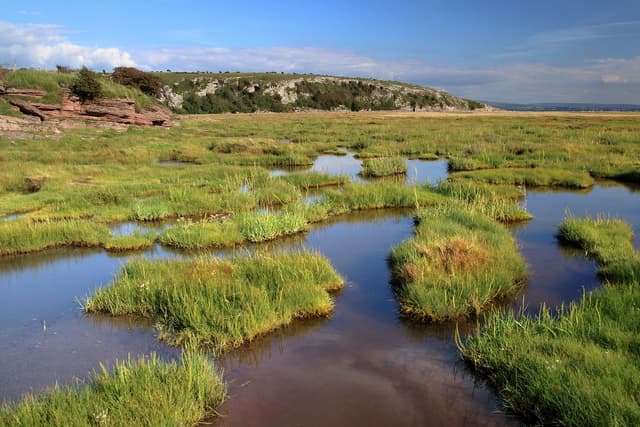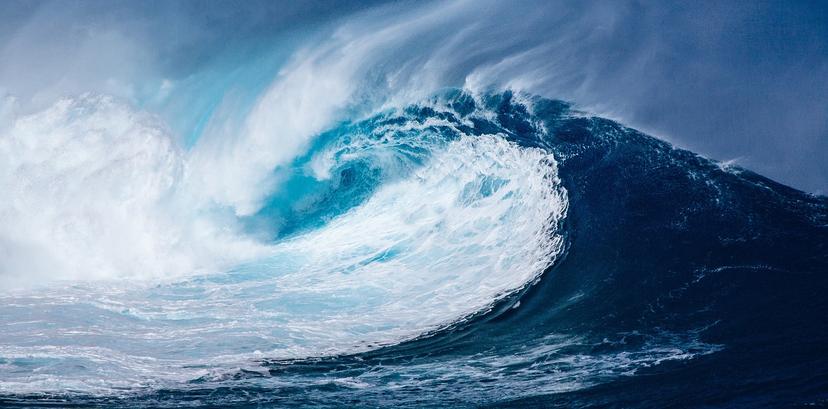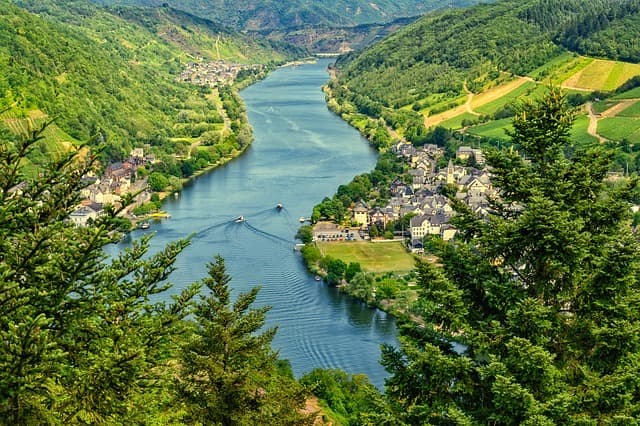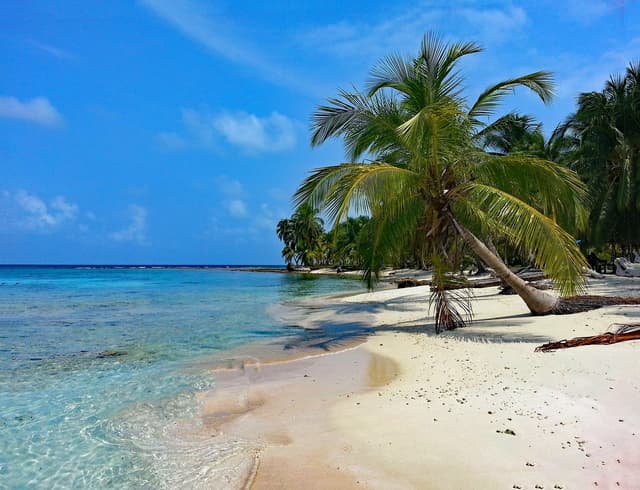Myths about teaching can hold you back
- Year 3
The River Nile
I can describe where and when the Ancient Egyptians lived and explain why the River Nile was important for them.
- Year 3
The River Nile
I can describe where and when the Ancient Egyptians lived and explain why the River Nile was important for them.
These resources were made for remote use during the pandemic, not classroom teaching.
Switch to our new teaching resources now - designed by teachers and leading subject experts, and tested in classrooms.
Lesson details
Key learning points
- At one time there were two Egyptian kingdoms: Upper Egypt and Lower Egypt, but around 3,000 BCE they were united.
- The civilisation known as the Ancient Egyptians began over 3,000 years before the birth of Christ, 3,000 BC or BCE.
- They lived near a large river they called the Nile, in North Africa, protected from enemies by dry land to their sides.
- The River Nile was long, deep and filled with a dark black mud.
- When the Nile flooded, this mud made the land the Egyptians live on turn black, and become very fertile.
Keywords
Civilisation - a civilisation is a well organised group of people that has their own language and way of life
BC - BC is short for 'Before Christ' and refers to the time before the year 1, in which people believe Jesus was born
BCE - BCE is short for 'Before Common Era' and refers to the time before the year 1
Fertile - soil or land that can produce farm crops or other plants is fertile
Common misconception
Pupils may think that the River Nile is a river found only in Egypt.
The River Nile does flow through Egypt, but it also flows through 10 other countries in east Africa. It is Africa's longest river.
To help you plan your year 3 history lesson on: The River Nile, download all teaching resources for free and adapt to suit your pupils' needs...
To help you plan your year 3 history lesson on: The River Nile, download all teaching resources for free and adapt to suit your pupils' needs.
The starter quiz will activate and check your pupils' prior knowledge, with versions available both with and without answers in PDF format.
We use learning cycles to break down learning into key concepts or ideas linked to the learning outcome. Each learning cycle features explanations with checks for understanding and practice tasks with feedback. All of this is found in our slide decks, ready for you to download and edit. The practice tasks are also available as printable worksheets and some lessons have additional materials with extra material you might need for teaching the lesson.
The assessment exit quiz will test your pupils' understanding of the key learning points.
Our video is a tool for planning, showing how other teachers might teach the lesson, offering helpful tips, modelled explanations and inspiration for your own delivery in the classroom. Plus, you can set it as homework or revision for pupils and keep their learning on track by sharing an online pupil version of this lesson.
Explore more key stage 2 history lessons from the Ancient Egypt: what stayed the same across 3,000 years? unit, dive into the full primary history curriculum, or learn more about lesson planning.

Licence
Prior knowledge starter quiz
6 Questions
Q1.Which of these is a river?




Q2.True or false? Rivers always start and end in the same country.
Q3.Where is Egypt?
Q4.Choose the sentences that most accurately describe bronze.
Q5.The Bronze Age started around 2,700 BCE in Britain. What was the time before the Bronze Age called?
Q6.Which of these is an agricultural activity?
Assessment exit quiz
6 Questions
Q1.Which river flows through Egypt?
Q2.Approximately when did the Ancient Egyptian civilisation begin?
Q3.How do we describe soil or land that can produce farm crops or other plants?
Q4.What happened when the land around the River Nile flooded?
Q5.Match the words to the definitions.
a desert surrounding the River Nile
where the River Nile starts
where the River Nile ends


